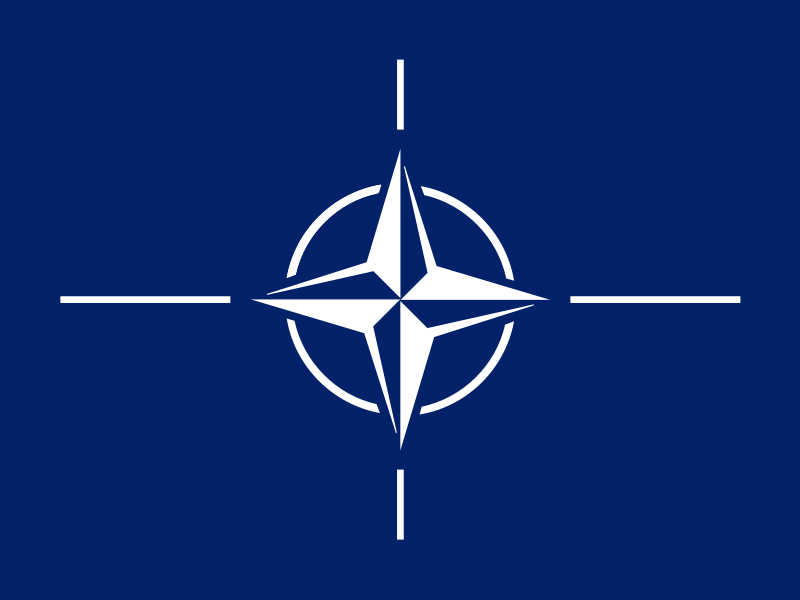NATO’s 70th Birthday
7 decades of history celebrated this year in London.
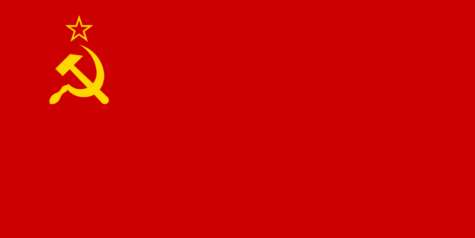
As of this year, the North Atlantic Treaty Organization alliance has lasted seven strong decades. Past conflict between Western nations and the communist Soviet Union began after World War two, in 1939. The aftermath of this war in Europe was devastating to each European country involved, with 36.5 million deaths. The Soviet Union used areas taken over from the Nazi’s to threaten elected governments, promoting communism. Those countries became satellite countries to the Soviet Union. As the world moved into the Cold War Era, the United States leaders developed a more military stance toward the nations in Eastern Europe, and towards the Soviets.
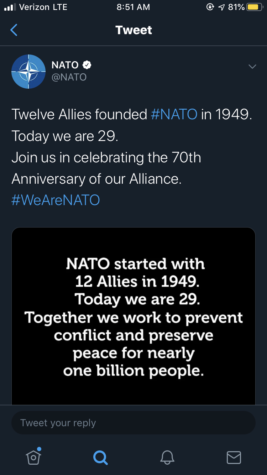
In 1948 the Soviet Union sponsored a coop over the democratic government of Czechoslovakia that transformed it to the communist system. After that, the United States and other world leaders agreed on the need for a security agreement, and NATO was created in 1949 to stop the further expansion of communism.
NATO started with twelve nations, including the United States, France, the United Kingdom and Italy, and grew over the following 4o years. During the Cold War, NATO’s mission was to prevent nuclear war. Six years after NATO was formed, West Germany joined, in 1955. Less than two weeks later, the Warsaw Pact was ratified. Inspired by West Germany joining forces with NATO, this communist alliance consisted of eight nations, including Albania, Poland, Hungary and Bulgaria, all of which were under the influence of the USSR. After the Warsaw pact was formed, NATO formed the “Massive Retaliation” policy. The Massive Retaliation policy addressed the possibility that the Soviet Union might attack, in which case NATO would respond with nuclear weapons. This policy allowed NATO members to focus on their individual economic growth rather than focusing on their armies and building them. The Warsaw Pact was dismantled March 31, 1991.
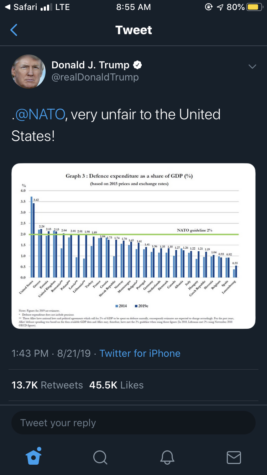
NATO now has twenty eight members, including most of the European Union. Today, the United States contributes three-fourths of NATO’s entire budget. In 2016, President Donald Trump stated that the nations of NATO need to spend more of their money on their military to remain strong. He requested they contribute 4% of their GDP to defense spending, arguing that the organization defends Europe against Russia instead of fighting communism itself.
NATO’s stated mission is to protect the freedom of its members. Its targets include weapons of mass destruction, terrorism and cyber attacks. In 2015, NATO responded to terror attacks in Paris. In 2016, NATO sent troops to the Baltic states and eastern Poland. In 2018, NATO discussed and approved new steps to contain Russia, agreed to by Trump. NATO’s article 5 states that an attack on one of its members is an attack on all, following these attacks each country would take “such action as it deems necessary, including the use of armed force” “NATO is not as strong as it once was, proof of that is when the Ukraine was invaded by Russia, NATO didn’t do what it was supposed to,” says Lafayette High School Teacher Mr. Smith.
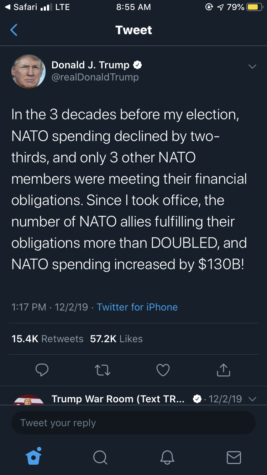
One of the United States’ reasons for joining NATO was to maintain a presence in Europe, which also made the forming of the EU possible. Today, President Donald Trump doubts the purpose of NATO while French president Emmanuel Macron doubts NATO’s future as an alliance. Since Trump came into office, tensions between the United States and some of its allies have drastically increased. Tension expanded to alliance members as NATO had its annual summit in London, United Kingdom the third and fourth of December, many questioning how much Donald Trump is going to cut from the collective contribution of NATO. According to associate director Mr. Jonathan Eyal, “He is the first president since the second world war to openly question the validity of the security guarantee which the United States has given the Europeans and to ask whether it is in fact Americas interest to have the alliance“. ‘NATO is a very important defensive Union that will continue to be influenced by Russian aggression,” says a Lafayette teacher who wishes to remain anonymous. Secretary General of NATO, Jens Stoltenberg, stated “But the strength of NATO is that despite these disagreements, we have always been able to unite around our core task: to protect and defend each other. And that is my aim. And I’m absolutely certain we’ll manage to do that also this time”.
